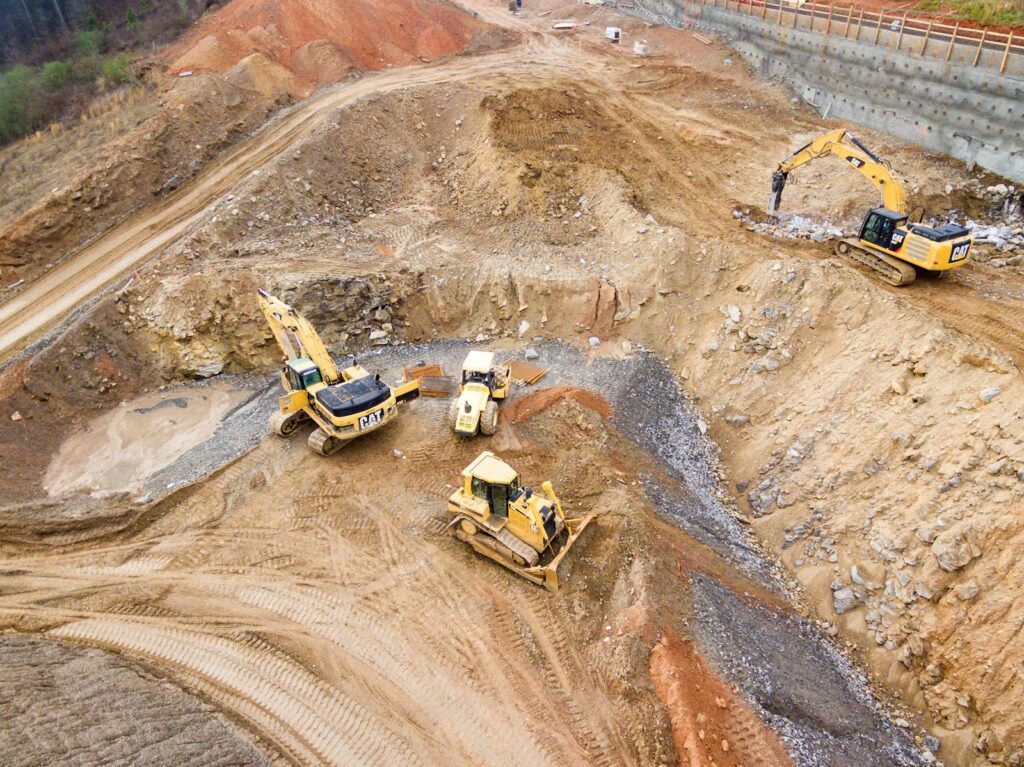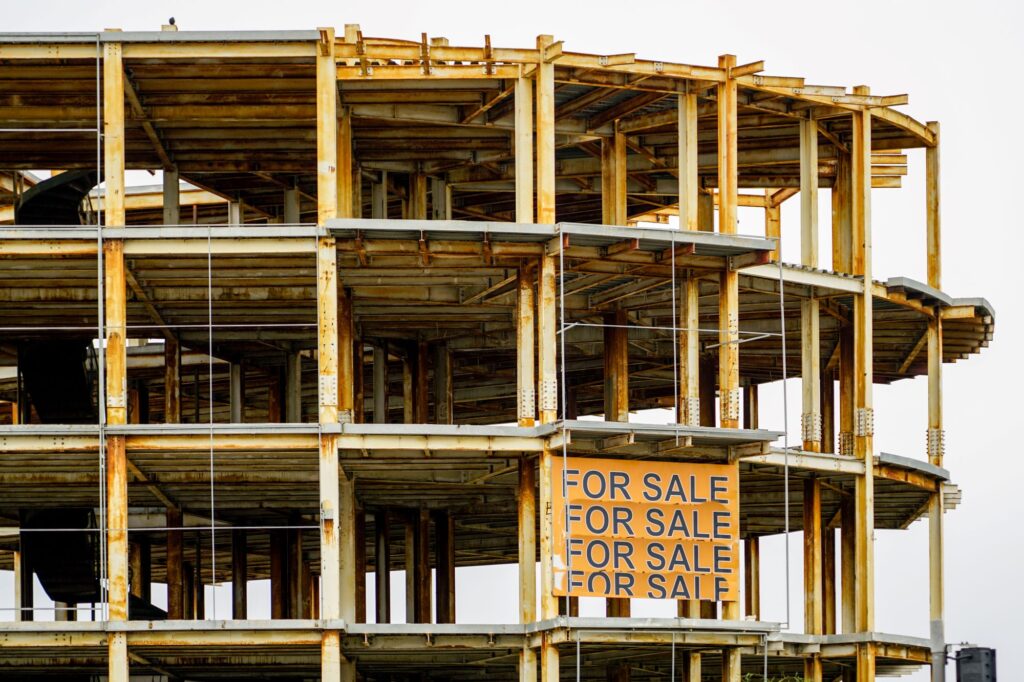Research from the real estate debt advisory specialists, Sirius Property Finance, has found that the cladding tax introduced in the Budget could cost the nation’s biggest housebuilders £205m a year.
The Chancellor confirmed a new Residential Property Developer Tax will be introduced from April next year to help pay for building safety remediations.
Having initially announced the tax back in February, it has now been revealed that a 4% charge will be brought to profits exceeding the annual threshold of £25m.
The research found that pre-pandemic 2019 total pre-tax profits of 11 of the biggest housebuilders in the UK totalled £5.4bn, which would see the housebuilders pay £205m in tax per year under the new Developer Tax.
Managing director of Sirius Property Finance, Nicholas Christofi, commented: ‘Yesterday’s confirmation of the Residential Property Developer Tax will come as a significant blow to Britain’s biggest housebuilders who have fought hard to overcome pandemic uncertainty, a decline in profits and a sharp spike in the cost of labour and materials.
‘It’s clear that having promised £5 billion to address the cladding crisis, the government is now reliant on the nation’s housebuilders to pay the bill and it’s a little unfair, to say the least, to expect the entire sector to compensate for the poor practices of a few.
‘It’s also likely that this latest move could inadvertently stifle housing delivery. The outcome of which is less stock reaching the market to address the current housing crisis, while high demand for those new homes that are delivered will push house prices ever higher to the detriment of the nation’s homebuyers.’
In related news, research from Sirius Property Finance has revealed why recently introduced government measures to help boost the number of SME property developers are desperately needed, with numbers of SME builders falling significantly since the late 1980s.
Photo by Ralph (Ravi) Kayden


















Leave a Reply